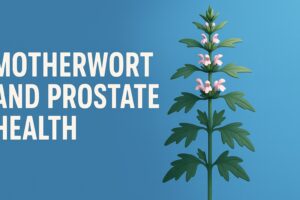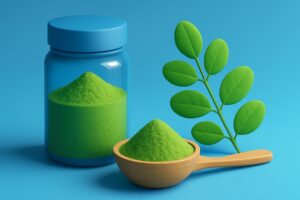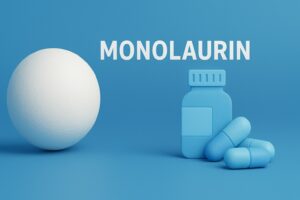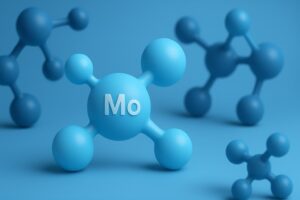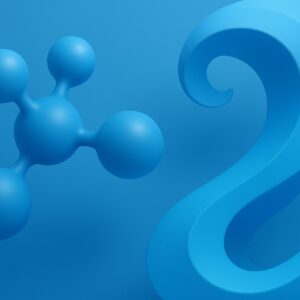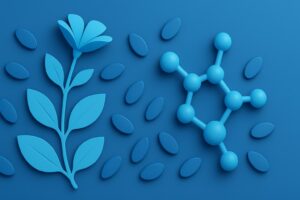
Mountain Flax and Prostate Health: Phytochemistry, Clinical Evidence, and Practical Use
Abstract Mountain Flax traditionally refers to Linum catharticum—a diminutive annual used historically as a purgative—and more recently, research has focused on the health-promoting seeds of Linum usitatissimum (common flax) for prostate and urinary tract benefits. The seeds are rich in α-linolenic acid (ALA), fiber, and lignans (notably secoisolariciresinol diglucoside, SDG), which exhibit anti-inflammatory, antioxidant, and hormone-modulating properties. Clinical


